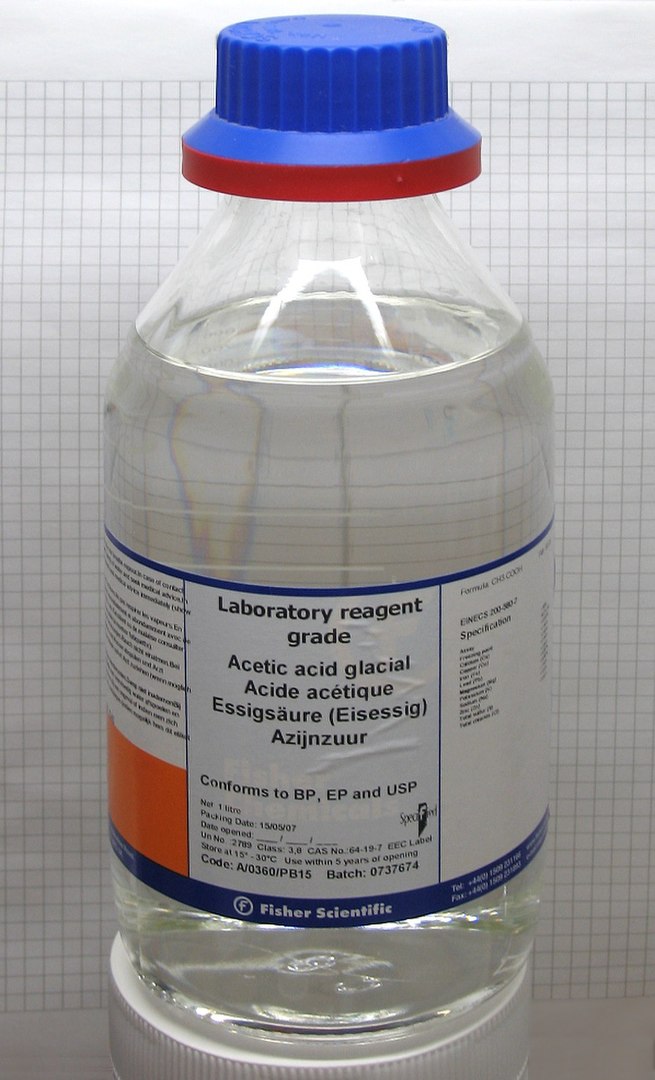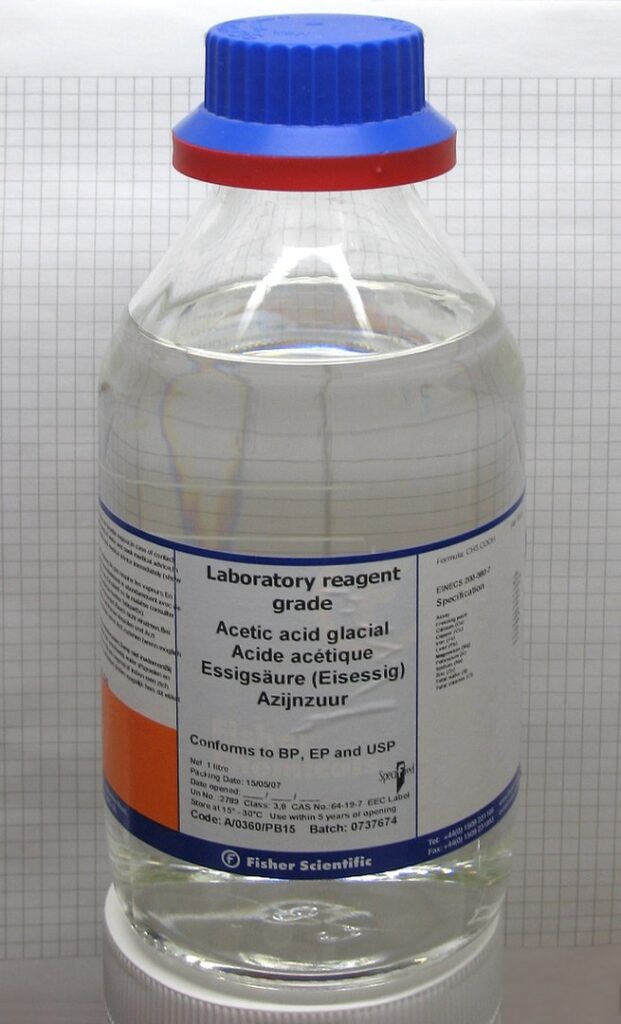
-
Solvent
A solvent (from the Latin solvō, “loosen, untie, solve”) is a substance that dissolves a solute (a chemically distinct liquid, solid or gas), resulting in a solution. A solvent is usually a liquid but can also be a solid, a gas, or a supercritical fluid. The quantity of solute that can dissolve in a specific volume of solvent varies with temperature. Common uses for organic solvents are in dry cleaning (e.g. tetrachloroethylene), as paint thinners (e.g. toluene, turpentine), as nail polish removers and glue solvents (acetone, methyl acetate, ethyl acetate), in spot removers (e.g. hexane, petrol ether), in detergents (citrus terpenes) and in perfumes (ethanol). Water is a solvent for polar molecules and the most common solvent used by living things; all the ions and proteins in a cell are dissolved in water within a cell. Solvents find various applications in chemical, pharmaceutical, oil, and gas industries, including in chemical syntheses and purification processes.
-
Solvent (noun)
A liquid that dissolves a solid, liquid, or gaseous solute, resulting in a solution.
-
Solvent (noun)
That which resolves.
“a solvent of mystery”
-
Solvent (adjective)
Able to pay all debts as they become due, and having no more liabilities than assets.
-
Solvent (adjective)
Having the power of dissolving; causing solution.
-
Solute (adjective)
Loose; free; liberal
“a solute interpretation”
-
Solute (adjective)
Relaxed, hence, merry; cheerful
-
Solute (adjective)
Able to be dissolved; soluble
“a solute salt”
-
Solute (adjective)
Not adhering; loose; opposed to adnate
“a solute stipule”
-
Solute (noun)
Any substance that is dissolved in a liquid solvent to create a solution
-
Solute (verb)
To dissolve.
-
Solute (verb)
To absolve.
“to solute sin”

